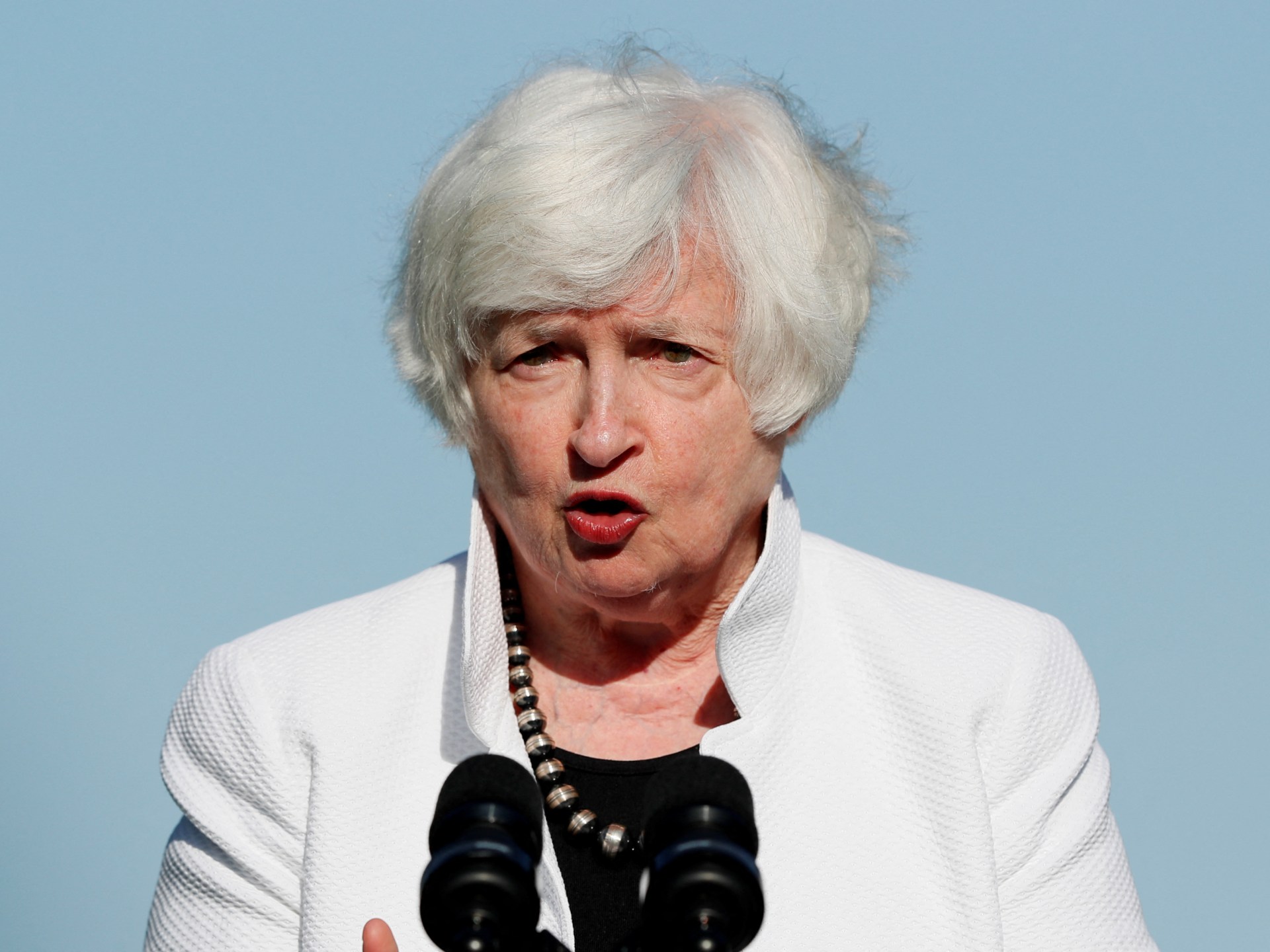Military Force Cannot End Terror: Annan
"To fight terrorism, we must not only fight terrorists. We have to win hearts and minds. Terrorism will only be defeated if we act to solve the political disputes or long-standing conflicts that generate support for it," Agence France-Presse (AFP) quoted Annan as addressing 18 heads of state and government meeting in New York to discuss the root causes of terrorism.
"We also delude ourselves if we think military force alone can defeat terrorism. It may sometimes be necessary … but we need to do much more than that.
"If we do not, we should find ourselves acting as recruiting sergeants for the very terrorists we seek to suppress," Annan said in his speech before the Fighting Terrorism for Humanity conference.
In his speech, Annan stressed that it was just as mistaken to believe terrorism was unrelated to political and social factors, as it was to assume that terrorists were mere products of their environment.
The one-day conference was the joint brainchild of Norwegian Prime Minister Kjell Bondevik and Nobel peace laureate Elie Wiesel.
Among the 18 heads of state or government attending the meeting were French President Jacques Chirac, Italian Prime Minister Silvio Berlusconi, Pakistani President Pervez Musharraf and Afghan President Hamid Karzai.
Russian Foreign Minister Igor Ivanov was also present. The United States, which has spearheaded the global war on terrorism since the September 11, 2001 attacks, was not represented.
After the opening speeches, the summit heard testimony from survivors of the September 11 attacks and other terrorist strikes.
International Panel
Later in the day, the world leaders were due to hold a round table discussion on the report of an international panel of terrorism experts which convened in Oslo in June.
The panel sought to debunk certain myths, with wide agreement among the experts that there was only a weak and indirect relationship between poverty and terrorism, and that state sponsorship is not a "root cause" of terrorism.
Lack of democracy, civil liberties and rule of law was listed as a precondition for many forms of domestic terrorism, along with extremist secular or religious ideologies, and the presence of charismatic, ideological leaders.
The panel also highlighted the need to uphold democratic principles and to maintain moral and ethical standards while combating terrorism.
"Increased repression and coercion are likely to feed terrorism, rather than reducing it," the report said.
"Extremist ideologies that promote hatred and terrorism should be confronted on ideological grounds by investing more effort into challenging them politically, and not only by the use of coercive force," it added.
The panel stressed in its report that gaining understanding into the causes and processes leading up to terrorist atrocities did not mean accepting or justifying terrorist methods.
"The political goals for which terrorists wage conflict may be legitimate in some cases and unjust in others — but deliberate and indiscriminate targeting of civilians as a tactic to achieve these goals is never acceptable," the report said.



